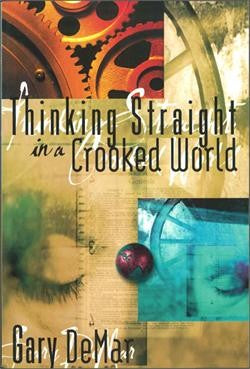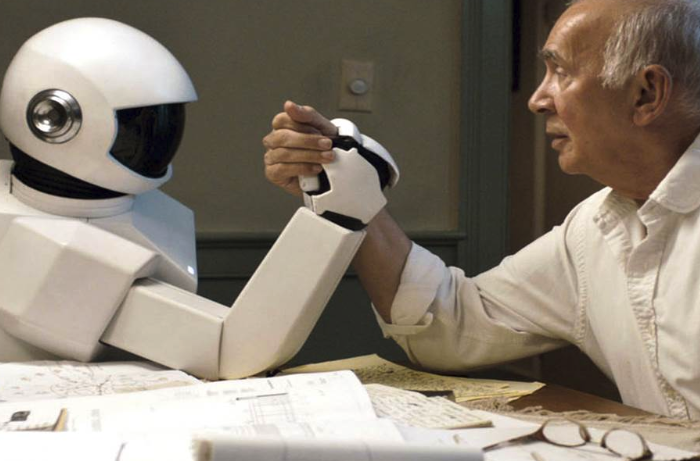Gary answers a listener question about the uses and abuses of Artificial Intelligence.
With the advent of the computer, materialists believe they have found the perfect scientific mechanism to demonstrate that the notion of a mind has been concocted out of primitive religious assumptions. Since religion is mythological, so is the mind. “The machinists’ model of consciousness is the computer; they see the brain as a superior model, somewhat more versatile than the industrial-strength Cray super-computer.”[1] The machinists’ computer analogy is faulty, however. The machine is nothing without the program. The program is nothing without the programmer. Where did the programmer come up with the ability to put together a program? Who designed and built the computer?
Philosopher Daniel Dennett presupposes that “the mind is somehow nothing but a physical phenomenon. In short, the mind is the brain.”[2] “The brain,” insists MIT’s Marvin Minsky, in equally presuppositional fashion, is just “hundreds of different machines . . . connected to each other by bundles of nerve fibers, but not everything is connected to everything else. There isn’t a ‘you.’”[3] To these pure naturalists, humans are nothing more than organic machines.
On the contrary, man is inescapably related to God in a way that separates him from the rest of the created order. Man is more valuable than the “birds of the air” (Matt. 6:26) and the “lilies of the field” (6:28–30). Man is a special creation, not because he has a mind, but rather, man has a mind because he is a special creation. Man has been made “a little lower than God” (Psalm 8:5). Such a ranking puts man in a position of rulership over the rest of the created order, including, but not limited to, “all sheep and oxen, and also the beasts of the field, the birds of the heavens, and the fish of the sea, whatever passes through the paths of the seas” (Prov. 8:7–8).
Animals react to and are motivated by rewards and punishments instead of by reasoned arguments: “A whip is for the horse, a bridle for the donkey” (Prov. 26:3a). God never says to the animals, “Come, let us reason together” (Isa. 1:18). Image bearers of God are instructed not to “be as the horse or as the mule which have no understanding, whose trappings include bit and bridle to hold them in check” (Psalm 32:9).

Thinking Straight in a Crooked World
The nursery rhyme "There Was a Crooked Man" is an appropriate description of how sin affects us and our world. We live in a crooked world of ideas evaluated by crooked people. Left to our crooked nature, we can never fully understand what God has planned for us and His world. God has not left us without a corrective solution. He has given us a reliable reference point in the Bible so we can identify the crookedness and straighten it.
Buy NowGary answers a listener question about the uses and abuses of Artificial Intelligence. Many Christians irrationally fear AI because they believe it will be used for some “end-time” scenario, but this misunderstands both information and intelligence. Thinking isn’t neutral and doesn’t happen in a vacuum; it all depends on the programming.
Click here for today’s episode
Click here to browse all episodes of The Gary DeMar Podcast
[1] David Gelman, et al. “Is the Mind an Illusion?,” Newsweek (April 20, 1992), 71. The Cray computer, named after its founder Seymour Cray, is made up of numerous parallel computers that contain thousands of microprocessor chips designed to work on a single problem at once by dividing the task among the individual computers. By comparison, traditional computers, such as the Cray-3, contain one or a handful of processors.
[2] Quoted in Gelman, “Is the Mind an Illusion?,” 71.
[3] Quoted in Gelman, “Is the Mind an Illusion?,” 72.

